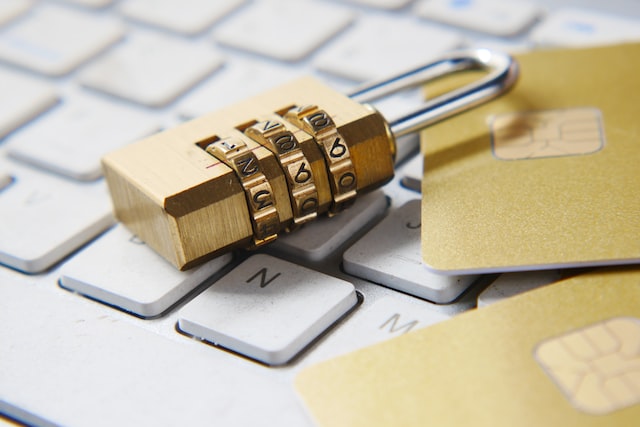How to Protect your Token Wallets from Hackers

It’s alarming how scammers keep inventing more creative ways to steal token wallet holders’ hard-earned crypto assets with phishing, airdrop scams and dusting attacks, among others.
Hence, as cryptocurrencies’ popularity grows, you must learn to protect your token wallets, equivalent to the likes of Xdefi -Wallet, from hackers by always backing up your tokens, using a secure password and never divulging your private key.
Explore the four key tips on how to protect your token wallets from hackers.
Never give away your private key to any ‘trusted’ crypto platform
No well-meaning person or organization will request your non-custodial token wallet’s private key. Because anyone with your wallet’s private key has complete control over that wallet—even if you change your local password.
Naturally, scammers are wickedly crafty in tricking you to reveal your private key — could be through social engineering or business opportunity scams. Some scammers could also try roping you in with romance, blackmail, or extortion.
However, most crypto scams are clever variations of phishing scams. Most commonly, website and email phishing.
Bad actors impersonate a legitimate web 3.0 platform’s customer support for phishing users’ emails. More often than not, the scammers might try to scare you by painting some baloney issue about your account. Saying you need to send your wallet details like private keys to rectify it.
Similarly, website phishing employs the same pattern. Scammers mirror trusted web 3.0 domains by changing a few letters or letter cases. Users are then redirected to the fake sites through email phishing or by clicking on shady ads.
Don’t psyche yourself out, though. Your token wallet is safe provided you double-check every website and dApp to which you connect your token wallet, avoid clicking random ads and always lock your wallet (especially if it’s a browser extension) after you’re done with every transaction.
Do not trade dust tokens
A dust token is a tiny (usually untradeable) amount of potentially fishy tokens that a hacker sends to different token addresses of your token wallet. Normally, you spring the trap by combining the dusts into an address to transact or sending an additional quantity of that asset into the token addresses with dust.
Once you transact the dust token, the attacker could monitor your wallet’s balance and wallet provider and ultimately put a face to your token wallet with clever phishing attacks.
Fortunately, some token wallets warn you against potential dusting attacks and prevent you from spending dust.
Only connect your token wallets to trusted smart contracts
Airdrops might be free, but they can be more expensive than you realize. When you get some too-good-to-be-true emails, word-of-mouth information, or social posts notification about some new tokens’ airdrops requiring you to connect your wallet to the platform’s site to renew your airdrop—DON’T.
Not without extensive research on the platform and what the project is about. Because, on connecting your wallet, it only takes a skilled hacker some creative ways of messing with the smart y to get access to your token wallet and steal your funds.
Advisably, as a crypto babe, to prevent airdrop phishing attacks, avoid any airdrop renewal altogether until you’ve solidified your web 3.0 knowledge by researching more on different crypto projects.
Fraudulent token creators can also manipulate their smart contracts and prevent you from selling a purchased token only to later dump all the tokens they hold. Pulling the liquidity rug from under your feet and leaving you holding the hat.
Use secure passwords and backup your private key.
This goes without saying. Browse web securely and never encrypt your token wallet with a password you have previously used on another site. Black hat hackers love that. You’re making the job too easy for them. Ideally, use a password that is at least 10 characters long, containing an uppercase letter, number and symbols. Provided you can access your private key, you can always reset it should you forget.

Likewise, DO NOT backup your private keys on your computer, mobile phone, any device or gadgets through which you regularly access the internet. It’s too much of a risk. You can write it on paper with some secret code, or copy it into an encrypted drive which you’d keep in a safe place. Get creative and unique.
Your token wallet is your crypto asset’s guardian angel and the key to your crypto market investment kingdom. Be intentional about choosing the best one for you.